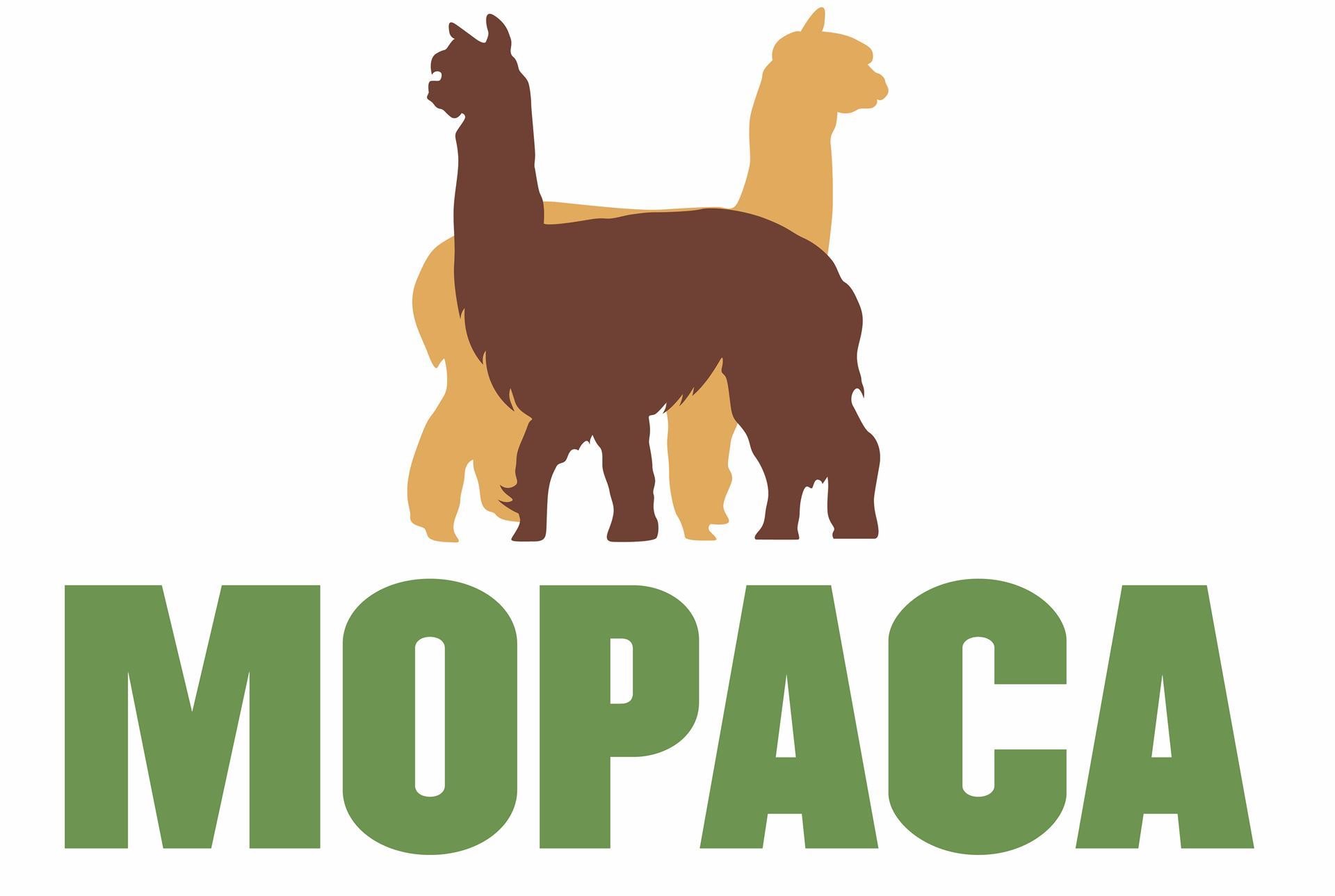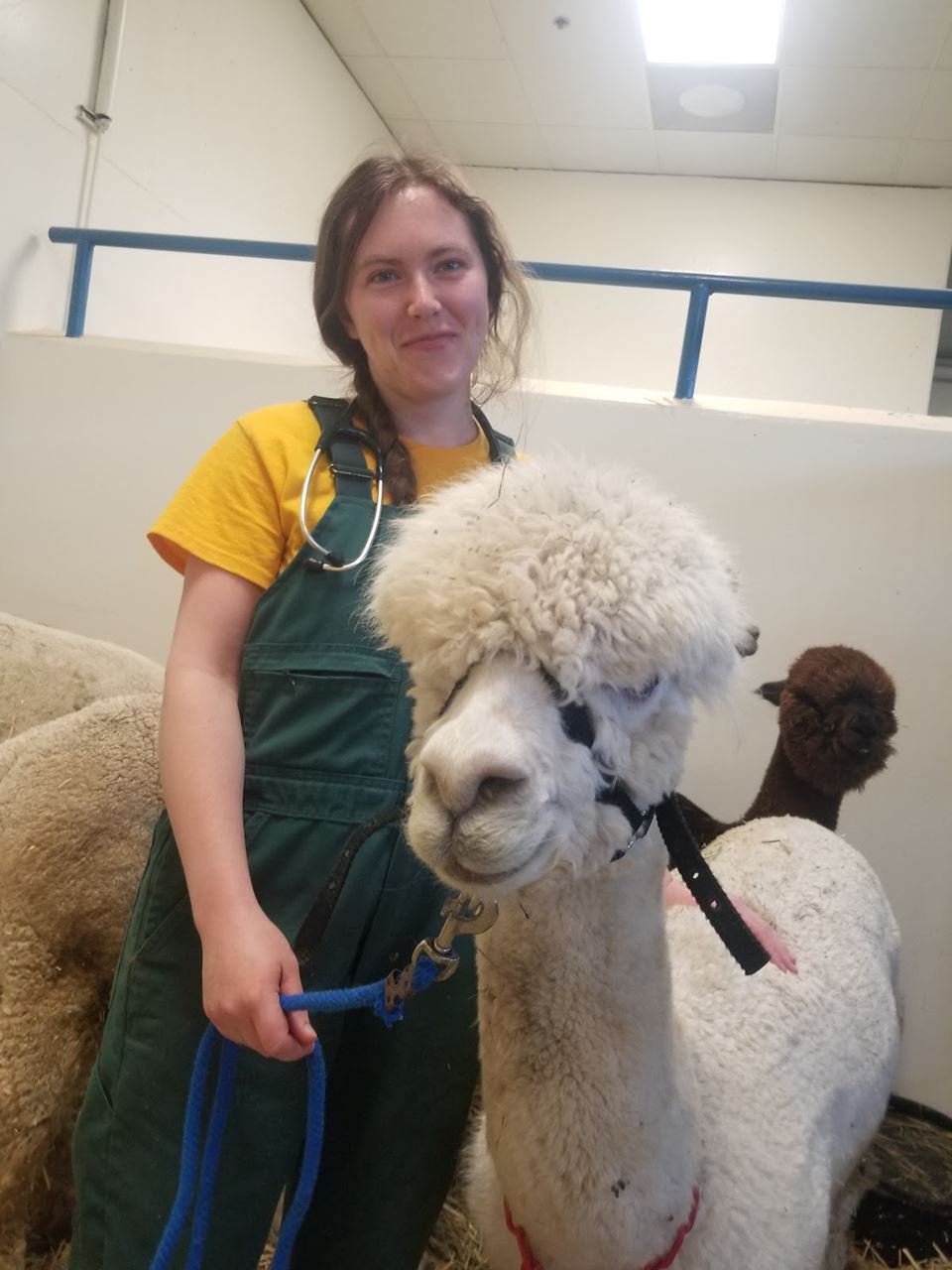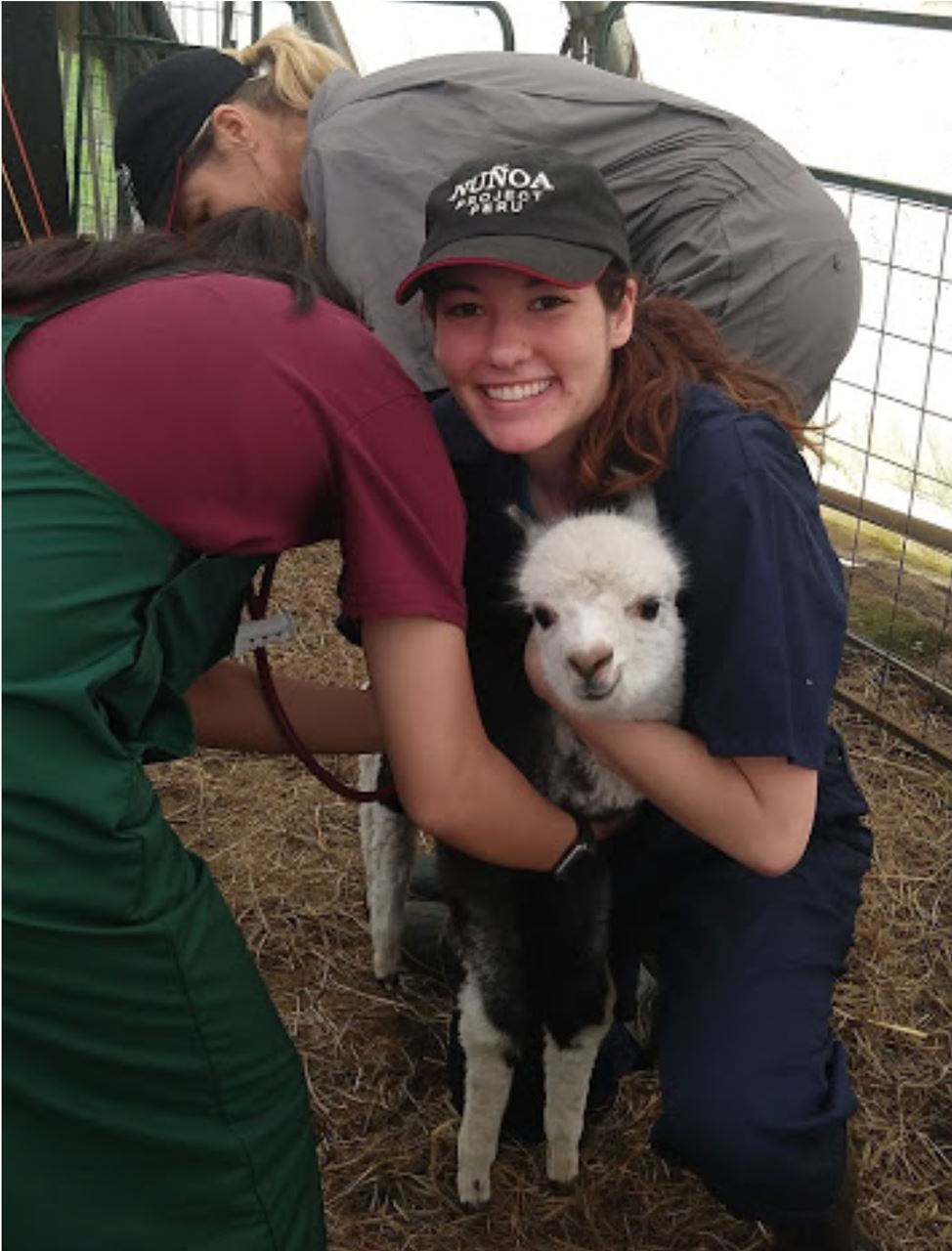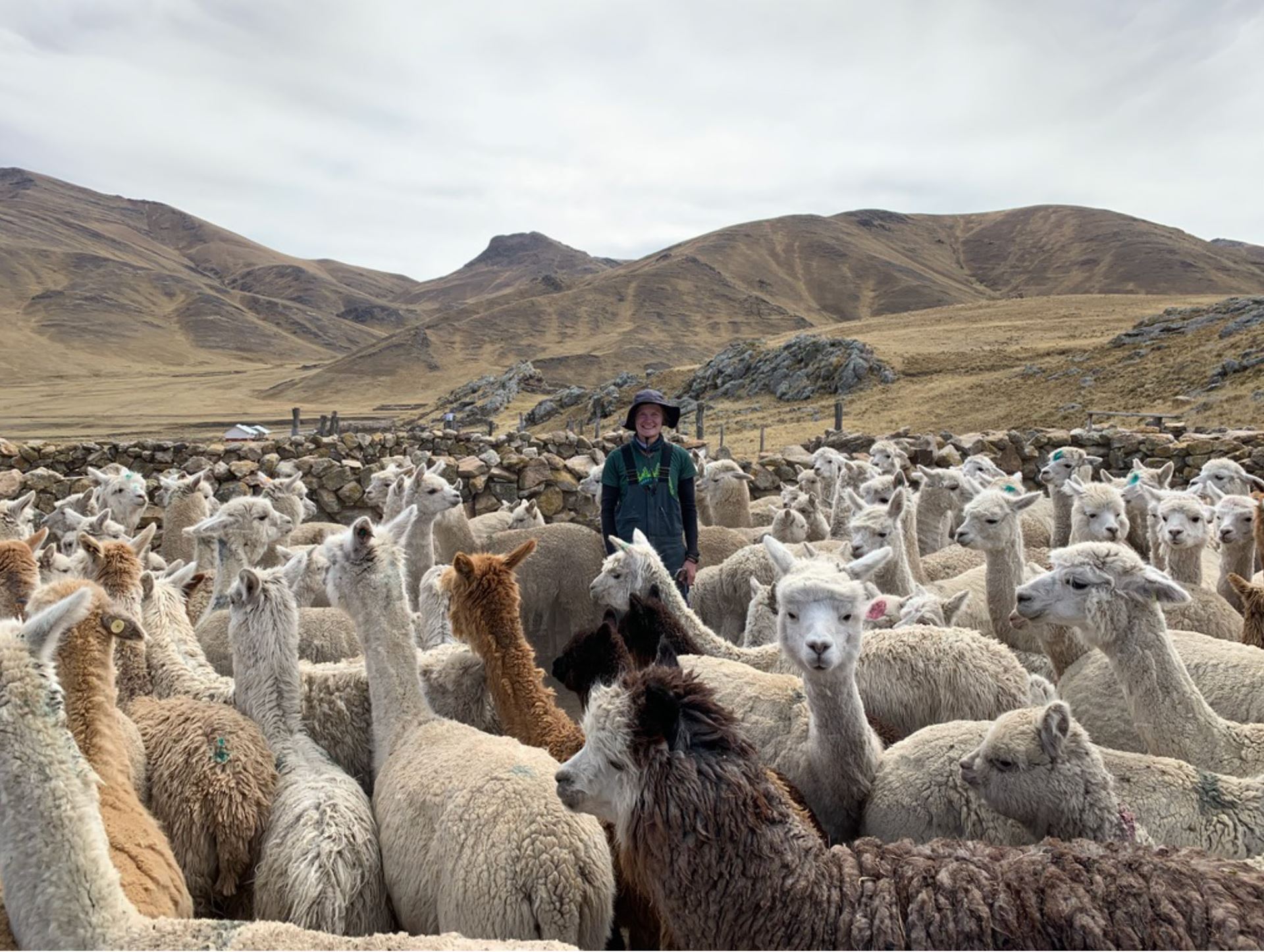Grants and Scholarships |
About MOPACA Grants
Who and WhatFunds may be requested by individuals or organizations for the purpose of education in areas related to alpaca care and health, or fiber use and the fiber industry. Resources are focused in the midwest. Here is the form needed for application and instructions for submitting. MOPACA will consider requests to assist veterinarian students, school institutions and other individuals/ organizations wishing to increase their knowledge of topics related to alpacas. Veterinary programs may apply for funds to support camelid-specific initiatives. Initiatives may include seminars, internships, or other resources that enable training for veterinarians and vet students, students of camelid veterinary studies and fiber/textile studies, as well as individuals/organizations that want to educate the public regarding the alpaca industry. Vet students who are in year three or higher are eligible to apply. ALL funds must be used for the sole purpose stated in the application and recipients will be required to report how the funds were used within 90 days following completion of the program/initiative. The MOPACA Board/Officers reviews all applications based on academic achievement, community service, and need. Funds for scholarships will be sent directly to the educational institution. Please send all requests to: MOPACA Treasurer |
National Alpaca FoundationAdditional grant/scholarship opportunities are provided through the National Alpaca Foundation, including "Support for AOA Affiliate organizations promoting and engaging youth involvement with alpacas, and young individuals pursuing alpaca-related projects through programs like 4-H, Future Farmers of America, or future farm ownership by providing valuable resources and opportunities." More information and applications are available on the National Alpaca Foundation website. |
MOPACA Grants and Scholarships Awarded
Nora Buckingham - 2023 Thank you, MOPACA, for supporting me in attending the Camelid Medicine & Surgery rotation under Dr. Chris Cebra at Oregon State University! Because of your support, I was able to afford traveling to and housing in Corvallis, OR for my two-week externship exclusively on camelid medicine.
During the rotation, we attended seminars by experienced veterinarians on a wide range of llama and alpaca medicine including husbandry, nutrition, surgery, internal medicine, breeding, and cria care as well as the history and significance of new world camelids worldwide. I was able to practice my clinical skills in daily wet labs on parasite identification and management, radiography, dentistry, fracture repair, and ultrasound. The students on this rotation spent most of our afternoons performing annual health check-ups and providing veterinary care for the OSU camelid herd and Carlson College teaching animals in addition to providing much needed medical care to rescue alpacas and a few llamas. We also visited two large alpaca breeders in Oregon (one Suri, one Huacaya) to work with their herds, learn more about fiber, and get a bigger picture of the alpaca industry in America. The volume of hands-on experience during this rotation was phenomenal and much more than I am able to experience at my veterinary school; I was able to practice physical exams, ultrasounding, blood testing, and many more medical skills on a wide variety of alpacas from crias to seniors, and I had the opportunity to castrate two alpacas in the second week of the rotation. I am so thankful for this fantastic experience, and very thankful to MOPACA’s support. Thanks to you, I was able to learn from some of the best and meet other students from across the US and abroad who plan on practicing camelid medicine, and I now feel more equipped and empowered to provide quality medical care for alpaca owners and breeders in my home area in the Midwest. Ashley Otto - 2018 The MOPACA Board and Officers approved a request from Ashley Otto to participate in the summer camelid practice course at the University of Massachusetts. Ashley is a student at the University of Missouri. Ashley reported back to the Board: "The funds were used to provide materials for the weeklong hands-on program. We did both transrectal and transabdominal ultrasounds, body condition scores, reproductive behavior testing, blood draws, blood smears, (which we found Mycoplasma haemolamae) toenail trimming, injections, dental work, breeding, semen collection, semen evaluations, and several castrations. We would do lecture material in the morning, and practice the techniques in the afternoon. We went to several farms and Dr. Purdy had us students take the history with the owner, provide a physical exam, and then as a group we would come up with a differential diagnosis list, possible diagnostic procedures, and treatment options. Once the group of us 7 vet students decided on the best option, he would allow us to go about doing it. I am so thankful for all of the hands-on experiences and the immense knowledge from Dr. Steve Purdy. It was truly an honor to be taught by one of the best! Words cannot begin to describe how grateful I am for this opportunity. I can guarantee this week has provided me with more alpaca knowledge and hands-on experience than I will receive in veterinary school. For those interested in learning more about the program or the project in Peru, visit: https://www.nunoaproject.org/ | Nicole O'Sell - 2019 The MOPACA Board awarded Nicole O'Sell a grant to support her volunteer work with the Nunuo Project in Peru. She spent two weeks volunteering with Dr. Steven Purdy and other veterinarians and students.
Nicole reported back to the Board: "In June, I was able to travel to Peru with the Nunoa Project, headed by Dr. Steve Purdy. We spent 10 days at a Tambo high up in the mountains. Each day, we traveled to different alpaca farms to provide veterinary care and to evaluate the herds. The herds ranged in size from 40 alpacas – 1000’s. A focus was also put on talking to the farmers about the diseases that their animals encounter, their current pregnancy rates, cria survival rates, access to water, and average age of the herd. We treated conditions that we were able to provide assistance with, and spent time talking with and educating the farmers, as well as learning lots from them. In addition, we evaluated breeding males and the need for Nunoa Project’s males at different farms to improve their genetics and fiber production. We worked with Peruvian veterinarians, who were great help in building good relations with the farms and sharing knowledge. In 6 months, another Nunoa Project team will travel to the same farms to follow up with areas of need that we identified (specific vaccines, water holding tanks, etc). Over these 10 days, I learned many valuable lessons about alpaca veterinary medicine. I became comfortable with the ultrasound, breeding soundness exams, identifying herd problems and possible solutions, and basic management. Overall, this was a fantastic experience and I learned so much that I will use in my career as a veterinarian. I am so thankful for the MOPACA grant to allow me this opportunity. The funding I received went directly to the Nunoa Project volunteer fee, which covered our housing, transportation to the farms, and veterinary equipment we brought." |




